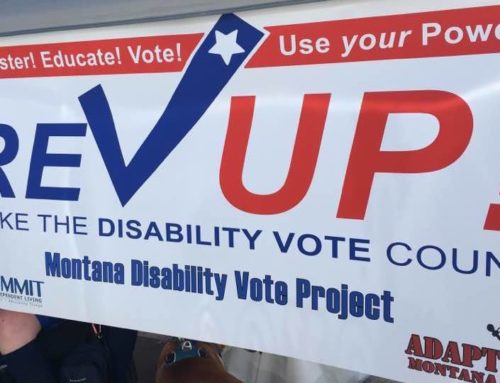One of the largest worries hanging over the heads of many people with disabilities in 2015 was a looming 20 percent cut to Social Security Disability Insurance (SSDI) benefits if Congress didn’t act to increase its trust fund balance.
Ultimately, a transfer from the larger, but even more financially shaky, Retirement Trust was approved and the 20 percent cut to SSDI was averted. However, none of the major solutions proposed to fix the long-term funding levels of OASDI, Old Age, Survivor and Disability Insurance, a.k.a. Social Security, were implemented. Instead, Congress managed to authorize a handful of low-risk measures to save face as they managed to shove through a compromise measure, which included:
1. Closing a loophole that helped high-income couples file for retirement and then suspend benefits, resulting in a higher-than-intended benefits for those couples;
2. Increasing penalties for committing Social Security fraud;
3. Allowing pilot projects in some areas to address the Substantial Gainful Activity financial cliff by trying various incremental decrease measures at or below the Trial Work level;
4. Requiring medical information from all disability applicants. A handful of states were trying a pilot program where they had a different, ultimately unsuccessful, decision-making system.
In addition to these Social Security changes, the normal Cost-of-Living Adjustment and Medicare formula kicked in for 2016, which means:
1. No increase in SSDI benefits;
2. No increase in Medicare premium costs except for new enrollees and high-income recipients, who face an increase in costs dependent on their income level;
3. A decrease in the maximum amount a retired worker can receive;
4. A minor increase in Substantial Gainful Activity for non-blind SSDI recipients from $1,090/month to $1,130/month.
Some news outlets are reporting that the earliest Congress will address Social Security fixes again is in six years. This means the clock keeps ticking as the OASDI trust funds move ever-nearer to not being able to meet their obligations and any potential fixes become more severe. We can only hope that Congress starts implementing some of the many proposed solutions soon, and not wait until it’s too late.


